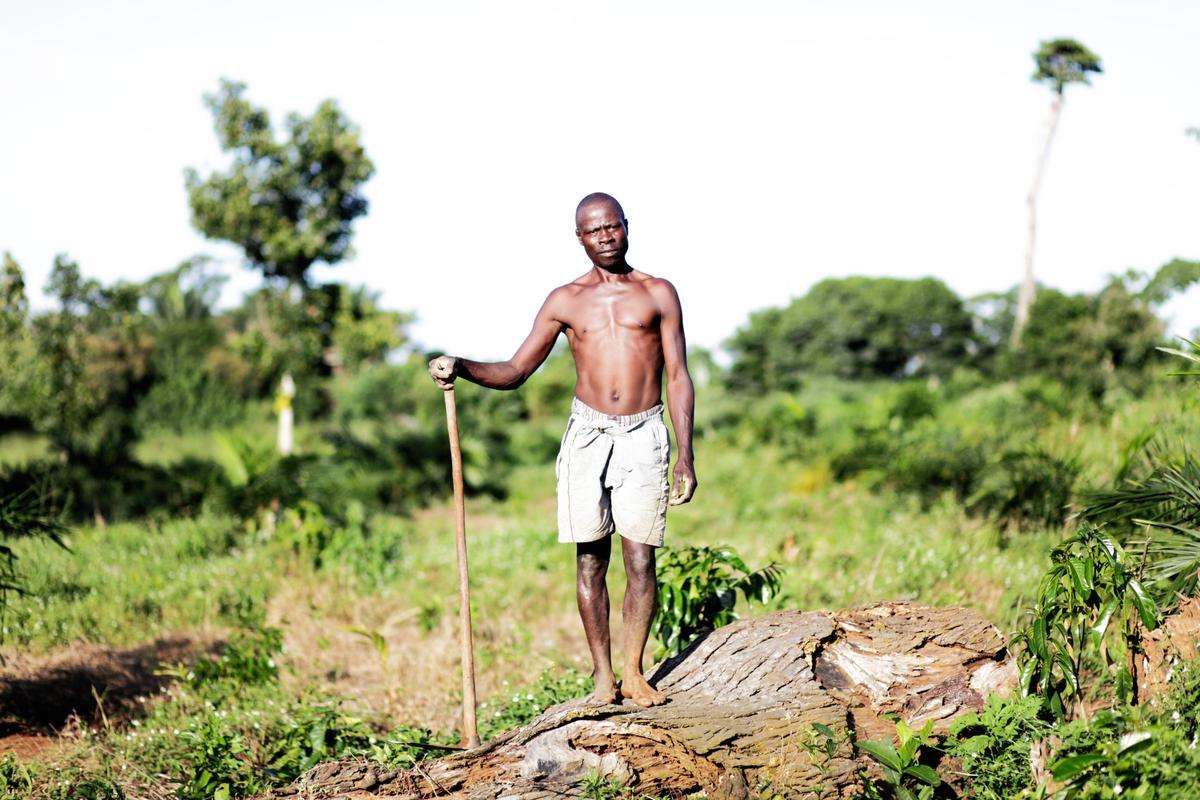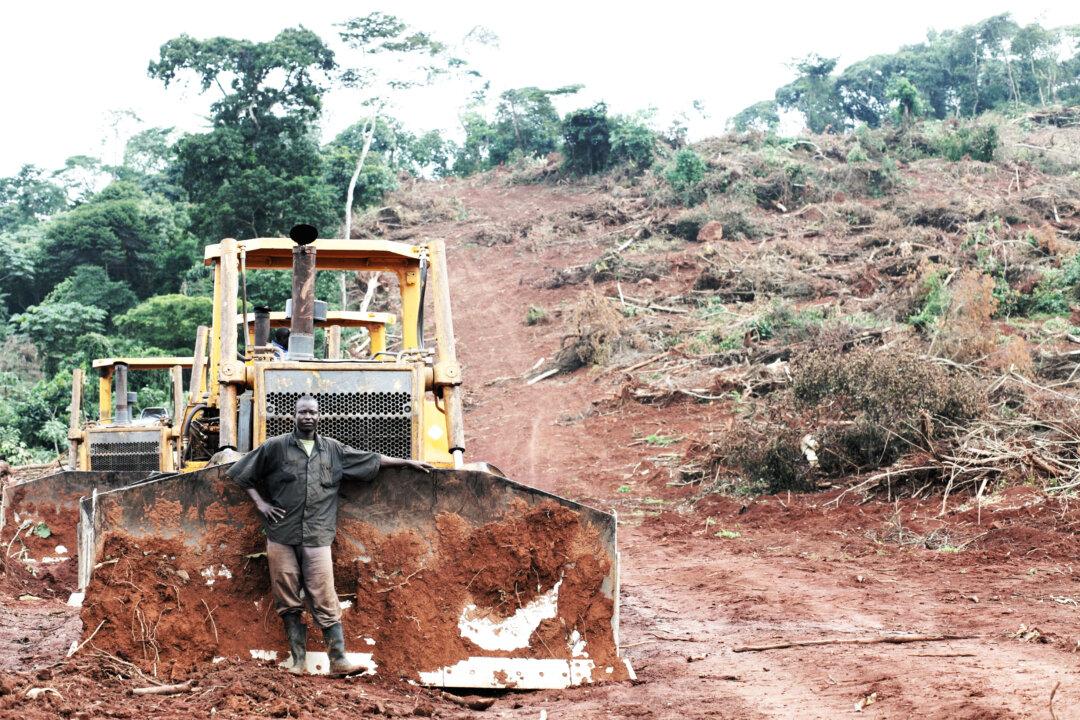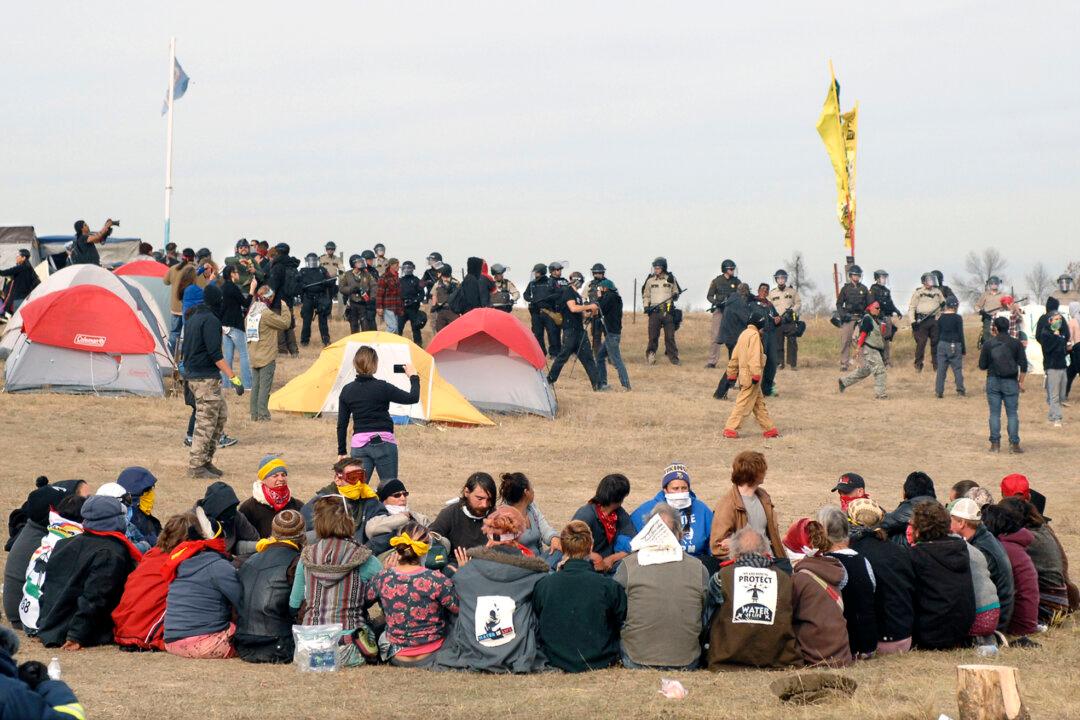“All the property that is necessary to a Man, for the Conservation of the Individual and the Propagation of the Species, is his natural Right, which none can justly deprive him of.”
—Ben Franklin
Land grab (noun)
The seizing of land by a nation, state, or organization, especially illegally, underhandedly, or unfairly.
(Source: 2015 Dictionary.com)
Some land grab facts:
“When they first came they told us an investor was coming and we would develop the land alongside one another. They didn’t say the land would be taken away from us entirely.”
—Farmer Gemechu Garbaba
“Farmland has now become the latest scarce ‘hot’ commodity for all sorts of speculators who have absolutely no interest in agriculture.”
—John Peck, Executive Director of Wisconsin-based Family Farm Defenders
The Global Land Grab
123.5 million acres of African land—twice the size of Great Britain—were grabbed up or are being negotiated by foreign governments and or speculators and wealthy investors since 2009.
In the last three decades, land theft, motivated by rising food and fuel prices, and inflated by stock market warnings of anticipated commodities scarcity, have made land grabbing an international industry on to itself. Within our lifetime, what started out, mostly as zip code-sized land thievery, has become more of a satellite’s view of a planet and its people in pain.
This planet, threatened by loss of resources due to global climate change and ecological land loss, and reports of a “global food crisis,” is enduring rising food and oil prices so startling that it attracts investors, whose predominant concerns are profit, not people or property rights. What was once about playing with Monopoly money, is now about seizing the board, the bank, and a sovereign country’s yearly food budget. But with no go to jail card in the deck.
These new and ruthless players are financial speculators stalking shrinking farmland, that they would then replace food farm crops with high-profit crops, such as corn, soy beans, and other bio-fuel crops. The area of non-food farm land used for bio-fuel crops has more than doubled between 2005 and 2009, expanding to 36 million hectares by 2008. Turning food crops into non-edible “cash crops” raises questions and concerns, such as: Are such actions a new form of financial fascism, designed to raise and manipulate food and oil prices? Are these actions crimes against the land, as well as humanity?
Two large American cola companies are buying up government water rights in Nigeria and other African countries. A bottle of clean water in that country now sells for more than the price of a bottle of the company’s cola. The ongoing global food and fuel crisis is being caused more by financial speculators than by nature.

John Muyiisa is 49 years old and has been farming for 34 years in Kasenyi village, western Uganda. All but two acres were taken from him by BIDCO, a Kenyan company, which bulldozed his land, destroying his coffee plantation. The company offered him about US$300 and one acre of land, later changed to three acres and no money, but he refused. (FoEI / ATI Jason Taylor)
It is in fact, a large-scale assault on diverse peoples’ property rights. What used to be countries warring over land, is now dollar and euro-dollar conquest. A committee of financiers with ballpoint pens in a board room on the other side of the world can conquer more land than a uniformed, modern army.
A democratic market economy is based on the historically constant safeguard of the complete and relied upon respect of property rights. Eminent domain laws are international, and any authority falsely armed with the power to use greed and unconscionable profiteering to abuse these rights, brings large-scale social disorder and human grief when abusing any country’s citizens’ rights of private property.
And, if allowed to continue, food will be a luxury and fuel will be an expensive privilege.
Here’s a two part question:
Part 1.
Can you envision a day within your lifetime when clean water costs more than gasoline and food is not a necessity, but a luxury?
Part 2.
What are you going to do about it?
Shelley B. Blank has worked with major national and international newspapers as a journalist as well as a corporate executive. He has produced programs for Public Radio and lectured on modern multimedia communications and technology.



